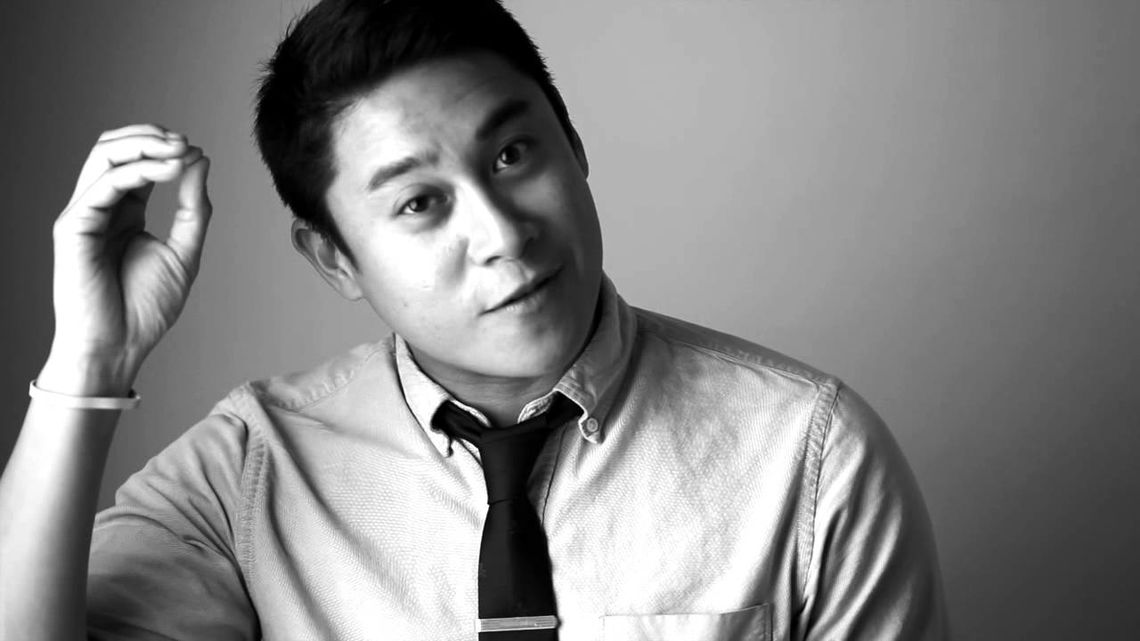1.
The world has always been ending, I
said. And you said: Yes. Today, half-lost
on the senderos, among its dry
brush and thorns, I hear my mother's voice
in the rocks—see in the rust plains and
lava bulbs and cairns stacked as markers
her cells massing upon her heart, lungs,
running riot along her sternum.
Soon, the nights of marrow-talk, of jabs
and the Seven Last Words. Serum nights
with viols, the Joyful Mysteries, thumbs
on decades falling asleep. I light
a match with the end of another,
warm poisons and gauze for the new year.
2.
The world has always been ending, she
said. And I said: Yes. Today we walk
bearing hymnals and lilacs for the
gazebo green, for stairwells and chalks
drawn to mark the hem of a body.
We bring each place its dirge in the shape
of teeth, slugs, a tongue pressed to concrete,
its fugue scored for sirens and windpipes,
pellet guns and bells. We bless the blue
of this wide winter sky above our
city, for once. Let it mean more to
us than smoke, more than blood starved of air
beneath skin, more than anthems hollowed
or a field for stars, dying and dead.
3.
The world has always been ending, he
said. And you said: Yes. Today they are
burning the names of the boys they are
shooting in the street. This because we—
and they—know ashes mean undone leads
and muzzles loosened, floodlights and flares,
eyes doused with milk. At the chapel for
vespers, a woman holds a globe she
has decked with poppies and birch-tar and
foil; her son colors in a book of
heralds and dragons, traces his palm.
Now: the Magnificat. Now: I am
down on my knees sure only that the
fires will come again and again.
